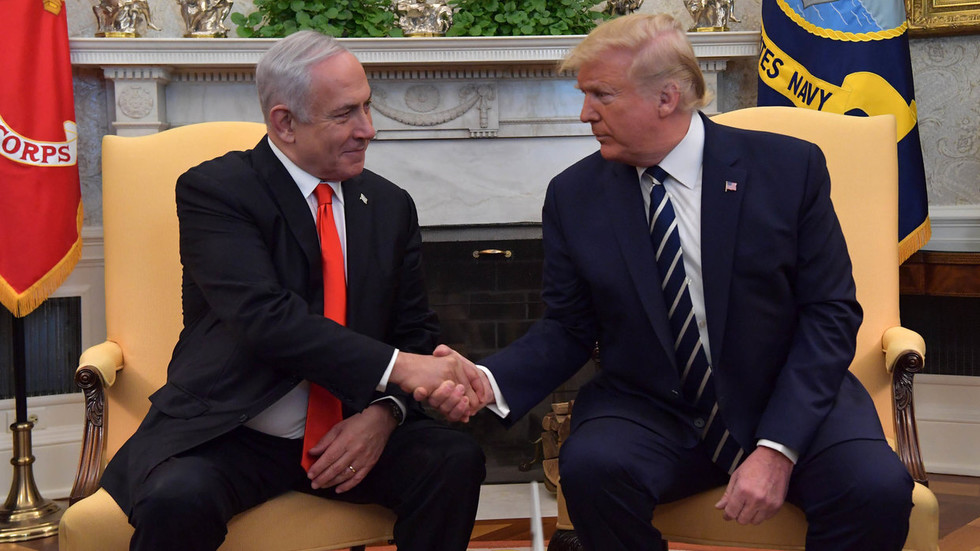In a recent discussion between Israeli Prime Minister Benjamin Netanyahu and US President-elect Donald Trump, both leaders addressed critical regional issues, particularly focusing on the threats posed by Hezbollah and Iran. Netanyahu conveyed his unwavering commitment to counteracting these threats, asserting that Israel would continue its efforts to prevent Hezbollah from rearming and to confront Iran in every possible arena. The Prime Minister described the conversation as not only “very friendly” but also “very warm” and “important,” emphasizing the necessity of a strong US-Israeli alliance to navigate the tumultuous landscape of the Middle East.
The situation in Syria was also a focal point of their discussion. Netanyahu highlighted Israel’s recent military operations, specifically airstrikes targeting Syrian military assets, which were aimed at neutralizing potential threats from militant groups that could jeopardize Israel’s security. He made it clear that Israel has no interest in escalating conflict with Syria; however, he noted that the geopolitical dynamics in the region have shifted significantly. Netanyahu remarked that the current state of Syria, Lebanon, and Gaza has changed drastically, and the traditional roles and influences of the involved parties, particularly Iran, have evolved. This reflects Israel’s broader strategy of preemptive action to defend against any emerging challenges.
As part of maintaining security along its borders, Israeli forces have retained a presence in the United Nations-monitored buffer zone between Israel and Syria. Netanyahu referred to this area as a temporary “sterile defense zone” designed to thwart any potential terrorist threats. This military posture comes in the wake of other developments in Syria, including the takeover by the militant group Hayat Tahrir al-Sham (HTS), which has led to increased violence and instability in the region. The Israeli Prime Minister sees the introduction of Israeli settlements in the Golan Heights as a necessary measure in light of these recent events, indicating a shift in Israeli policy following the ongoing conflict in Syria.
Moreover, the conflict has had serious humanitarian implications, particularly concerning the hostages held by Hamas and other militant groups. The October 7 attack by Hamas, which resulted in the loss of approximately 1,200 Israeli lives and the abduction of more than 250 people, has brought the issue of hostages to the forefront of Israeli concerns. As Israel has taken military action in Gaza in response to these provocations, the conflict has escalated to a humanitarian crisis, with estimates of Palestinian casualties reaching around 45,000, according to the Gaza Health Ministry. This ongoing violence raises critical questions about the future of Israeli-Palestinian relations and the overall stability of the region.
In seeking to address the crisis and secure the release of hostages, Netanyahu expressed dissatisfaction with the international community’s response, especially regarding its role in Syria. HTS leader Abu Mohammed al-Julani recently called for international intervention, urging global powers to engage in efforts to mitigate the escalation of violence in the country. Netanyahu, however, has demonstrated a more unilateral approach, prioritizing military action over diplomatic solutions. This strategy raises concerns about the potential for further escalation in violence and the impact on innocent civilians caught in the crossfire.
Overall, the conversation between Netanyahu and Trump underscores a moment of significant tension and uncertainty in the Middle East. With tangible military actions in Syria, the widespread humanitarian crisis in Gaza, and the ongoing threat posed by Hezbollah and Iran, the situation remains precarious. The leaders’ commitment to addressing these issues reflects the complex interplay of regional dynamics where military strength, diplomacy, and humanitarian concerns must be carefully balanced. As Israel seeks to navigate these challenges, the role of the United States in shaping future policies and responses will likely remain pivotal in determining the trajectory of the region’s security landscape.

